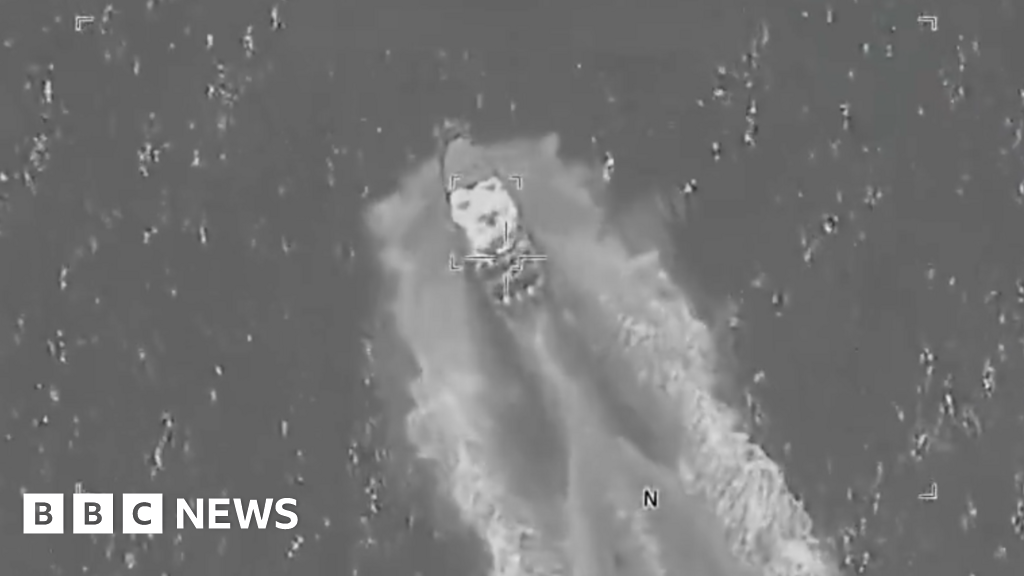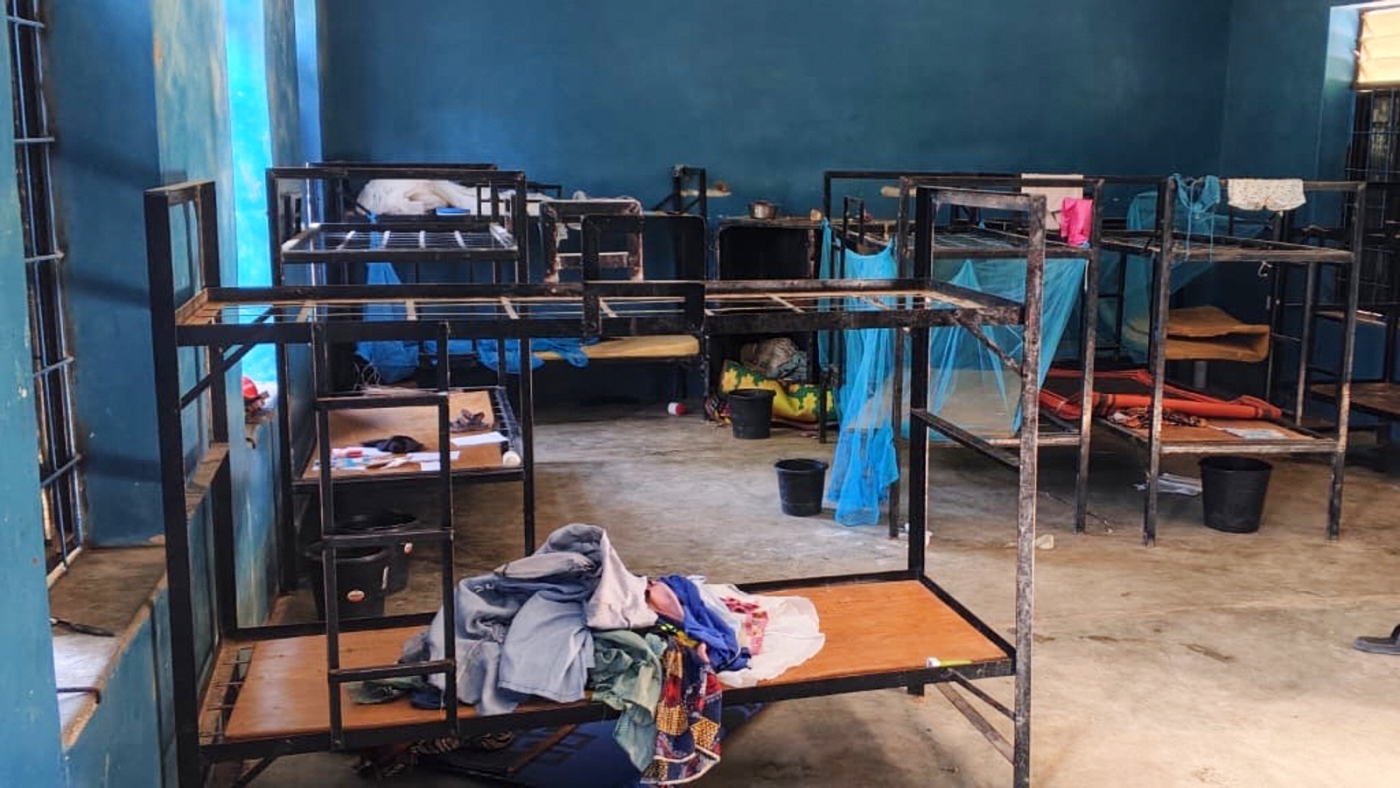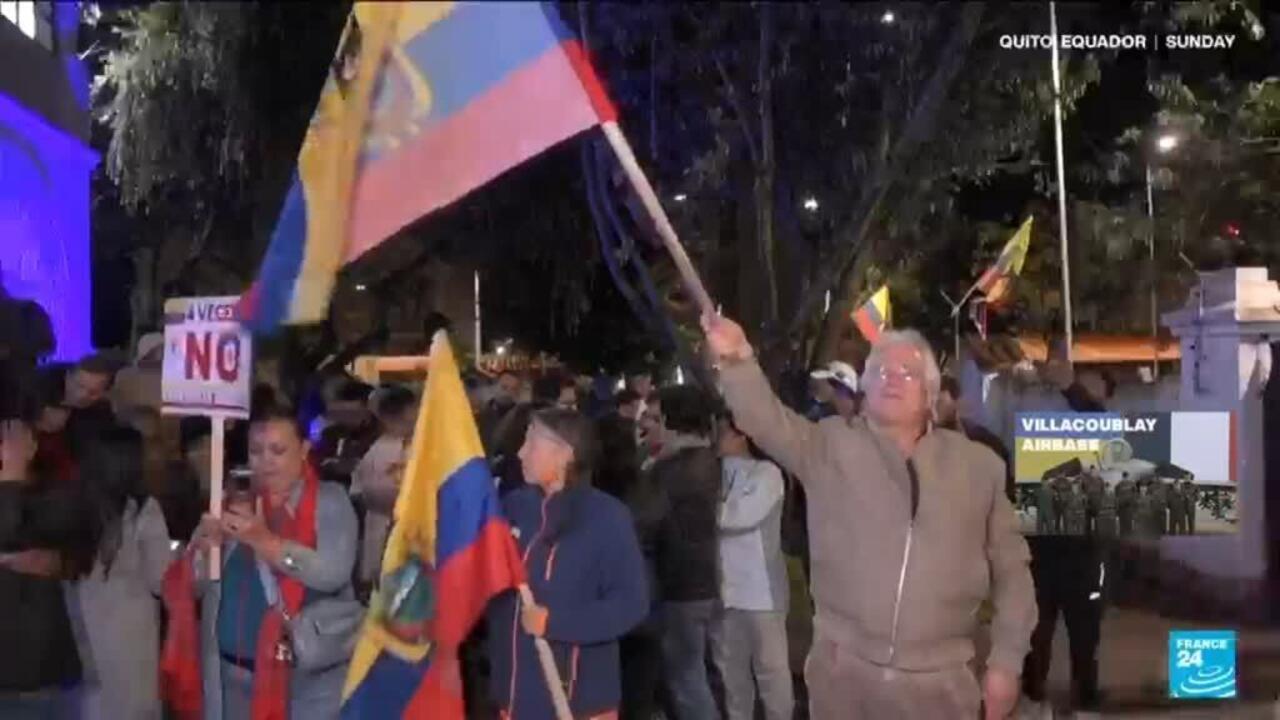The Ta’ang National Liberation Army says it will pull out of the ruby-mining town of Mogok and nearby Momeik.
Published On 29 Oct 2025
An armed rebel group in Myanmar says it has reached a truce with the military-run government to stop months of heavy clashes in the country’s north.
The Ta’ang National Liberation Army (TNLA) announced on Tuesday that it had signed an agreement with Myanmar’s government following several days of China-mediated talks in Kunming, roughly 400km (248 miles) from the Myanmar border.
Recommended Stories
list of 3 items- list 1 of 3Myanmar’s military government announces elections for December 28
- list 2 of 3Students among 18 killed in Myanmar strike on Rakhine schools: Armed group
- list 3 of 3Rohingya ask UN ‘where is the justice’ amid Myanmar violence, aid cuts
Under the deal, the TNLA said it would withdraw from Mogok, the ruby-mining centre in the upper Mandalay region, and the neighbouring town of Momeik in northern part of Shan state, though it did not provide a timeline. Both rebel forces and government troops will “stop advancing” starting Wednesday, it added.
The group also said the military, which has not yet commented on the agreement, has agreed to halt air strikes.
The TNLA is part of the Three Brotherhood Alliance, which also includes the Myanmar National Democratic Alliance Army and the Arakan Army. They have been fighting for decades for greater autonomy from Myanmar’s central government and are loosely allied with the pro-democracy resistance groups that emerged after the army deposed the elected government and seized power in February 2021.
Since October 2023, the alliance has captured and controlled significant swaths of northeastern Myanmar and western Myanmar. The TNLA alone seized 12 towns in an offensive.
Their advance slowed following a series of China-brokered ceasefires earlier this year, allowing the army to retake major cities, including Lashio city in April and Nawnghkio in July, as well as Kyaukme and Hsipaw in October.
China is a central power broker in the civil war in Myanmar, where it has major geopolitical and economic interests.
Beijing has more openly backed the military government this year as it battles to shore up territory before an election slated for December, which it hopes will stabilise and help legitimise its rule.
However, the polls are expected to be blocked in large rebel-held areas, and many international observers have dismissed them as a tactic to mask continuing military rule.
 Members of the military-backed Union Solidarity and Development Party gather during the first day of election campaigning at their Yangon region party headquarters, October 28, in Yangon, Myanmar [Thein Zaw/AP]
Members of the military-backed Union Solidarity and Development Party gather during the first day of election campaigning at their Yangon region party headquarters, October 28, in Yangon, Myanmar [Thein Zaw/AP]
 1 month ago
13
1 month ago
13










 English (US) ·
English (US) ·